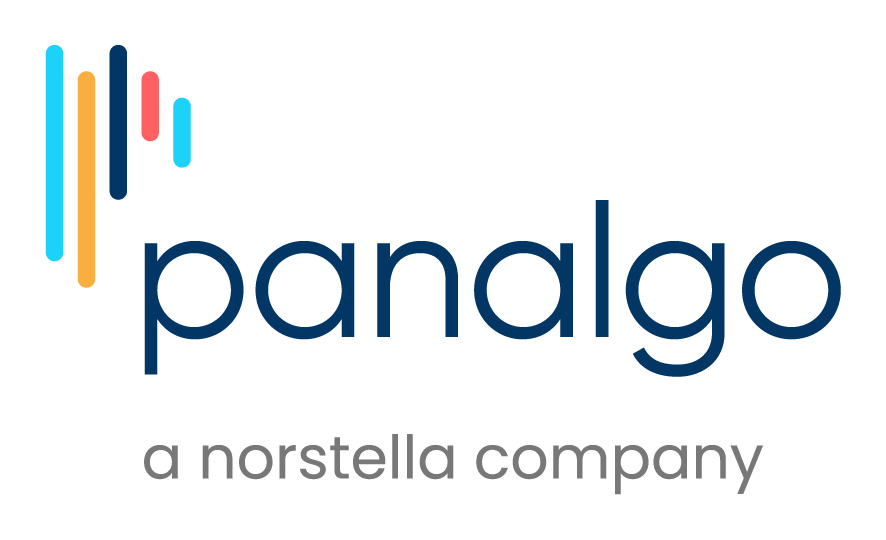Policy Corner: The Mysterious World of Drug Pricing
Almost every day, I see unflattering news stories regarding drug pricing and the cost of pharmaceuticals. Whether it's a supplier raising the costs of essential drugs like the Epi-Pen several-fold or a new CAR-T drug priced at a seemingly exorbitant rate - not unlike a three-bedroom house here in the Boston area - media and government scrutiny is clearly growing.
What does this imply about the market of pharmaceuticals? Is it irrevocably broken? Perhaps not.
Two efforts are underway to bring more rationality to drug pricing in the US: (1) economic evaluations with some teeth, such as those undertaken by ICER; and (2) risk-sharing arrangements, sometimes termed value- or outcomes-based contracting. The former is attempting, imperfectly, to bring value for money into the discussion. The latter is focused on the increased buying power of a more concentrated health insurance industry where eventual price concessions, fair or not, may be forestalled.
These initiatives bring some level of economic rationality to the market by moving value metrics to the forefront of price negotiations. In the near future, perhaps drug pricing will become a bit less mysterious. Not a bad thought for those of us charged with understanding the economics of pharmaceuticals.
